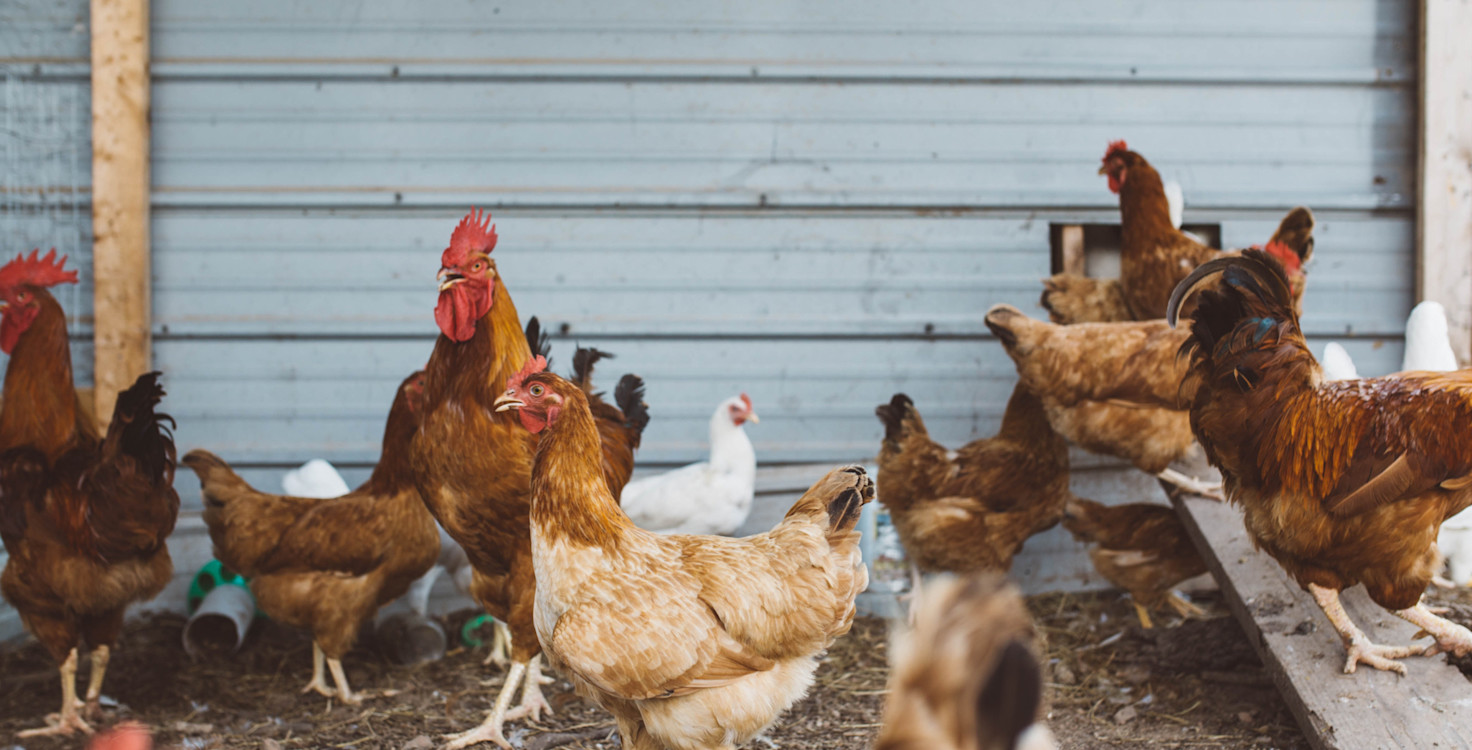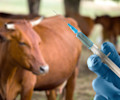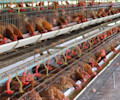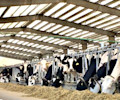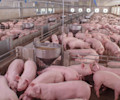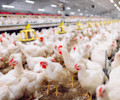Animal welfare is a critical part of food companies’ management of issues related to food safety, provenance, traceability, and quality. It is also a material issue on its own terms.
Intensive farming usually involves poor animal welfare – an issue the public is increasingly concerned about. Indeed, more than 200 US supermarkets, restaurants, and food companies have committed to cage-free egg supply chains in response to consumer pressure. Meanwhile, new regulation to improve animal welfare is on its way in the EU and US.
Our research shows that animal welfare is an issue many food companies are either not properly reporting or not effectively managing. In total 63% of companies in the Coller FAIRR Index ranked as ‘high risk’ in in the animal welfare category. This is fast becoming a concern to consumers and investors.
Animal welfare, antibiotic resistance & disease
Effective antibiotic use improves animal welfare, just as it improves human welfare. The therapeutic use of antibiotics to reduce the suffering of animals is not in question.
However, problems arise with the routine, or prophylactic, use of antibiotics. This occurs when antibiotics are given to healthy animals to prevent disease or promote animal growth. Prophylactic use can prop up intensive farming systems, where animals live in crowded conditions, compromising their immune systems and increasing the risk of disease spreading fast.
Meanwhile, the use of antibiotics as growth promoters, causing changes in digestive and metabolic processes, has significant negative impacts on animal welfare.
Environmental pollution
Dust and toxic gases, such as sulphur compounds and ammonia, come from the animals, as well as their feed and waste. High levels often found in indoor housing systems can pose a threat to animal welfare, reducing air quality and creating breathing problems. .
